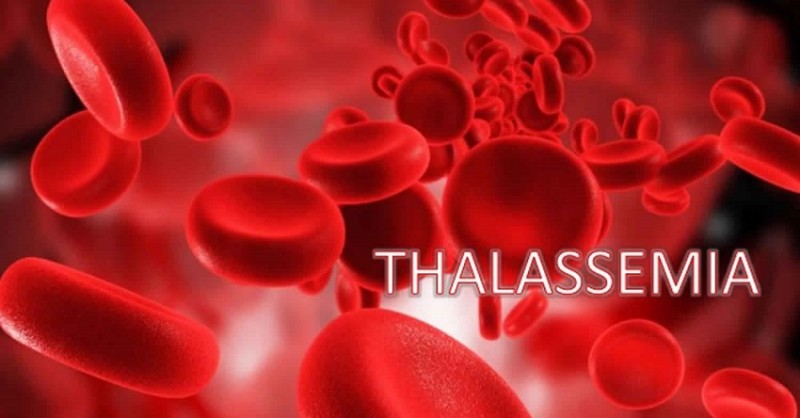
Every year on May 8th, the world observes Thalassemia Day, a day dedicated to raising awareness about this genetic blood disorder. Thalassemia affects millions of people globally, posing significant challenges to their health and quality of life. However, with advances in medical science and lifestyle modifications, individuals with thalassemia can lead fulfilling lives. In this article, we delve into what Thalassemia Day signifies and explore strategies to overcome the challenges posed by this condition.
Understanding Thalassemia:
Thalassemia is an inherited blood disorder characterized by abnormal hemoglobin production, leading to anemia. Hemoglobin is the protein in red blood cells that carries oxygen throughout the body. In individuals with thalassemia, the abnormal hemoglobin production results in fewer healthy red blood cells and less oxygen being delivered to the body's tissues.
Types of Thalassemia:
There are two main types of thalassemia: alpha thalassemia and beta thalassemia. These types are further classified based on the severity of the condition and the number of genes involved.
Alpha Thalassemia: This occurs when there is a problem with the genes that control the production of alpha globin, a component of hemoglobin.
Beta Thalassemia: This occurs when there is a mutation in the genes responsible for producing beta globin, another component of hemoglobin.
Symptoms:
The symptoms of thalassemia vary depending on the type and severity of the condition. Common symptoms include fatigue, weakness, pale skin, shortness of breath, and slow growth in children. Some individuals may also experience bone deformities and an enlarged spleen.
Treatment Options:
While there is no cure for thalassemia, various treatment options are available to manage the symptoms and improve quality of life. These may include:
Blood transfusions: Regular blood transfusions can help replenish the supply of healthy red blood cells.
Iron chelation therapy: Since excess iron can accumulate in the body due to frequent blood transfusions, iron chelation therapy is used to remove the excess iron.
Bone marrow transplant: In some cases, a bone marrow transplant may be recommended, especially for individuals with severe thalassemia.
Living with Thalassemia:
Living with thalassemia requires a proactive approach to managing the condition and maintaining overall health. Here are some tips for individuals with thalassemia:
Follow a healthy diet: A balanced diet rich in iron, vitamins, and minerals can help support overall health and energy levels.
Stay active: Regular exercise can improve circulation, boost energy levels, and promote overall well-being.
Attend regular medical check-ups: Regular monitoring by healthcare professionals is essential for managing thalassemia and preventing complications.
Seek emotional support: Dealing with a chronic condition like thalassemia can be challenging emotionally. Seeking support from friends, family, or support groups can help cope with the emotional aspects of the condition.
Raising Awareness:
On World Thalassemia Day, it's essential to raise awareness about this condition and its impact on individuals and families. Education and advocacy play a crucial role in promoting early detection, access to treatment, and support for individuals living with thalassemia.
World Thalassemia Day serves as a reminder of the importance of understanding and supporting individuals living with this condition. By raising awareness, promoting education, and advocating for access to treatment, we can empower individuals with thalassemia to lead fulfilling lives and thrive despite the challenges they face. Together, we can work towards a future where everyone affected by thalassemia has the support and resources they need to live their best life.